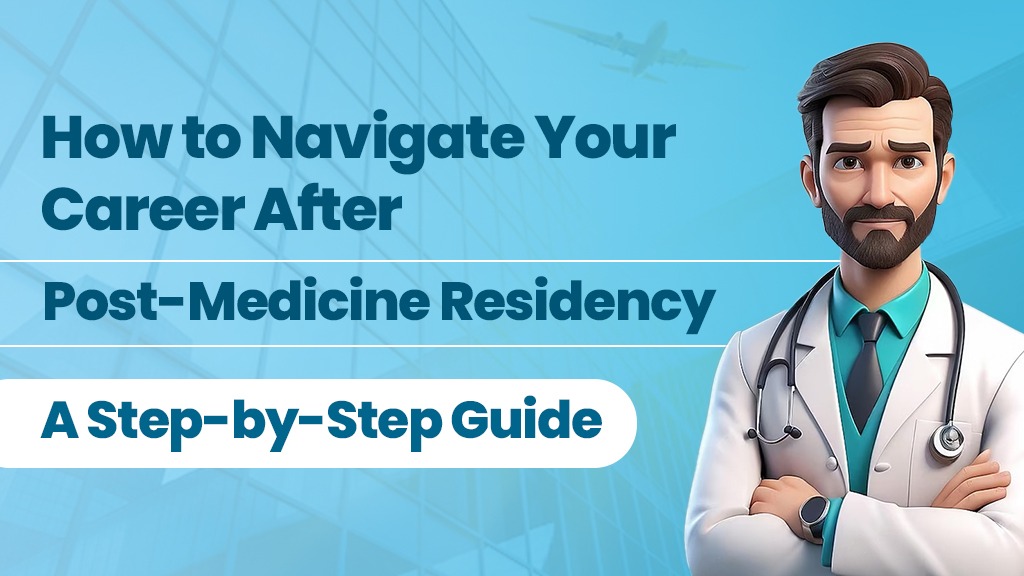How to Crack Surgical Viva and Practical Exam: Tips and Tricks

How to Crack Surgical Viva and Practical Exam: Tips and Tricks Preparing for surgical viva and practical exams can be challenging, but with the right strategies, you can confidently ace them. For surgery residents and anyone pursuing the MS Exam, DNB Exam, or SS Exam good preparation is the key to success. But how will you plan a strategy? […]
How to Navigate Your Career After Post-Medicine Residency: A Step-by-Step Guide

How to Navigate Your Career After Post-Medicine Residency: A Step-by-Step Guide A Medicine Residency is challenging yet rewarding in so many ways that opens opportunities for a stream of real-life careers in the medical field. As a resident, you are at the threshold of choosing a career path that aligns with your aspirations, be it in clinical […]
